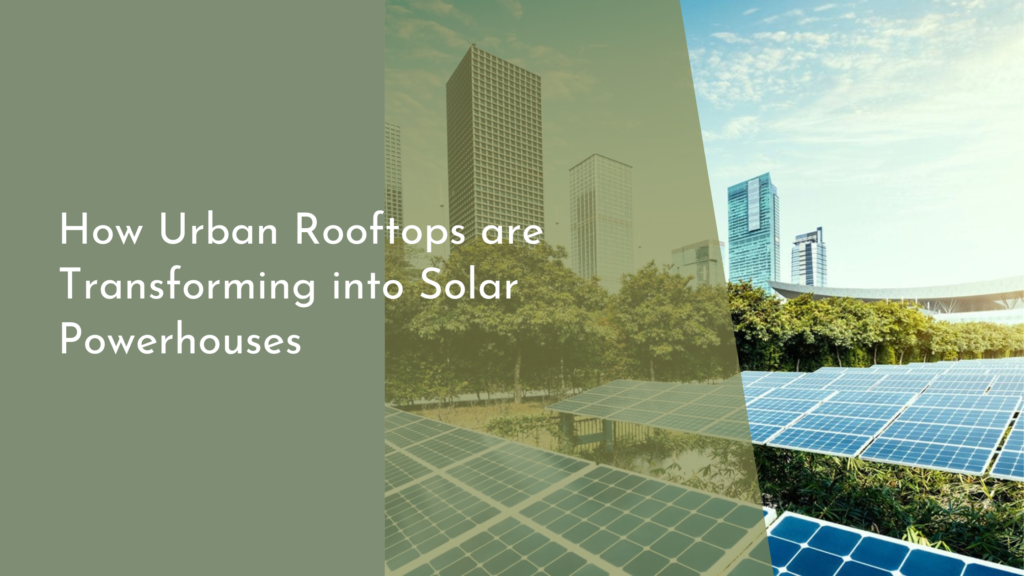Fuel Cells in Data Centers
In the ever-evolving landscape of technology, data centers play a pivotal role in supporting the infrastructure that powers our digital lives. As the demand for computing power increases, so does the need for energy-efficient and sustainable solutions. One such promising technology is fuel cells, which are gaining traction in modern data centers. This article explores how fuel cells can revolutionize the energy landscape in these facilities, enhancing efficiency and sustainability while offering a host of other benefits.
Discover the Power of Fuel Cells in Modern Data Centers
Fuel cells are gaining popularity in data centers for their ability to provide reliable, on-site power generation. Unlike traditional generators that rely on fossil fuels, fuel cells convert chemical energy directly into electricity through an electrochemical reaction. This process not only reduces emissions but also minimizes noise, making fuel cells an appealing choice for facilities that prioritize environmental stewardship. The integration of fuel cell technology allows data centers to maintain a consistent power supply, ensuring uninterrupted service for their clientele.
Moreover, fuel cells can operate in various configurations, such as combined heat and power (CHP) systems, which harness the heat generated during electricity production for additional applications, like heating water or space heating. This versatility allows data centers to maximize their energy use and minimize waste. As the technology matures, the scalability of fuel cells makes them a viable option for both large-scale and smaller data center operations, offering a tailored approach to energy management.
How Fuel Cells Enhance Energy Efficiency and Sustainability
The energy efficiency of fuel cells is one of their most compelling advantages. Traditional energy sources often convert only a fraction of their fuel into usable energy, leading to significant waste. In contrast, fuel cells can achieve efficiencies of up to 60% or more, making them a highly attractive option for data centers aiming to reduce their carbon footprint. By optimizing energy use, data centers not only save on operational costs but also contribute to global sustainability initiatives.
Furthermore, by using renewable hydrogen as a fuel source, data centers can achieve near-zero emissions. This aligns perfectly with the growing emphasis on sustainable practices across industries. As more companies adopt green initiatives, the integration of fuel cells into data center operations can signify a commitment to environmental responsibility. The shift to cleaner energy sources positions organizations as leaders in sustainability, enhancing their brand image while reducing their environmental impact.
The Benefits of Fuel Cells Over Traditional Backup Systems
When it comes to backup power options, fuel cells offer several distinct advantages over traditional systems like diesel generators. For one, fuel cells provide a cleaner alternative that produces minimal greenhouse gas emissions. This is particularly important for data centers located in urban areas where air quality regulations are stringent. Additionally, fuel cells require less maintenance than conventional generators, which can reduce operational costs and downtime significantly.
Another key benefit is the reliability of fuel cells. Traditional backup systems can take time to ramp up to full power, potentially leaving critical systems vulnerable during outages. In contrast, fuel cells can deliver power almost instantaneously, ensuring that data centers maintain their operations without interruption. This reliability is crucial for businesses that cannot afford downtime, making fuel cells a smart choice for mission-critical applications.
Future Trends: Fuel Cells Leading the Way in Data Centers
As the technology behind fuel cells continues to advance, we can expect to see even greater integration in data centers. Research and development are focused on improving efficiency, reducing costs, and expanding the range of fuels that can be used, including biogas and ammonia. These innovations will make fuel cells even more accessible and versatile, allowing data centers to tailor solutions to their specific energy needs.
Moreover, as governments and organizations worldwide push for greener energy solutions, the adoption of fuel cells in data centers is likely to accelerate. Regulatory incentives and funding for sustainable energy projects will further drive this trend, encouraging data centers to invest in fuel cell technology. As we look to the future, fuel cells may not only become a standard component of data center energy infrastructure but also serve as a beacon of innovation in the quest for sustainable energy solutions.
In conclusion, fuel cells represent a transformative leap in the way data centers approach energy generation and management. Their unique benefits, including enhanced energy efficiency, lower emissions, and reliable backup power, position them as a leading technology in the transition toward sustainable energy solutions. As the demand for data continues to grow, embracing fuel cell technology could be a game-changer for data centers, helping them to meet operational needs while prioritizing environmental responsibility. With ongoing advancements and increasing adoption, the future of fuel cells in data centers looks bright!

